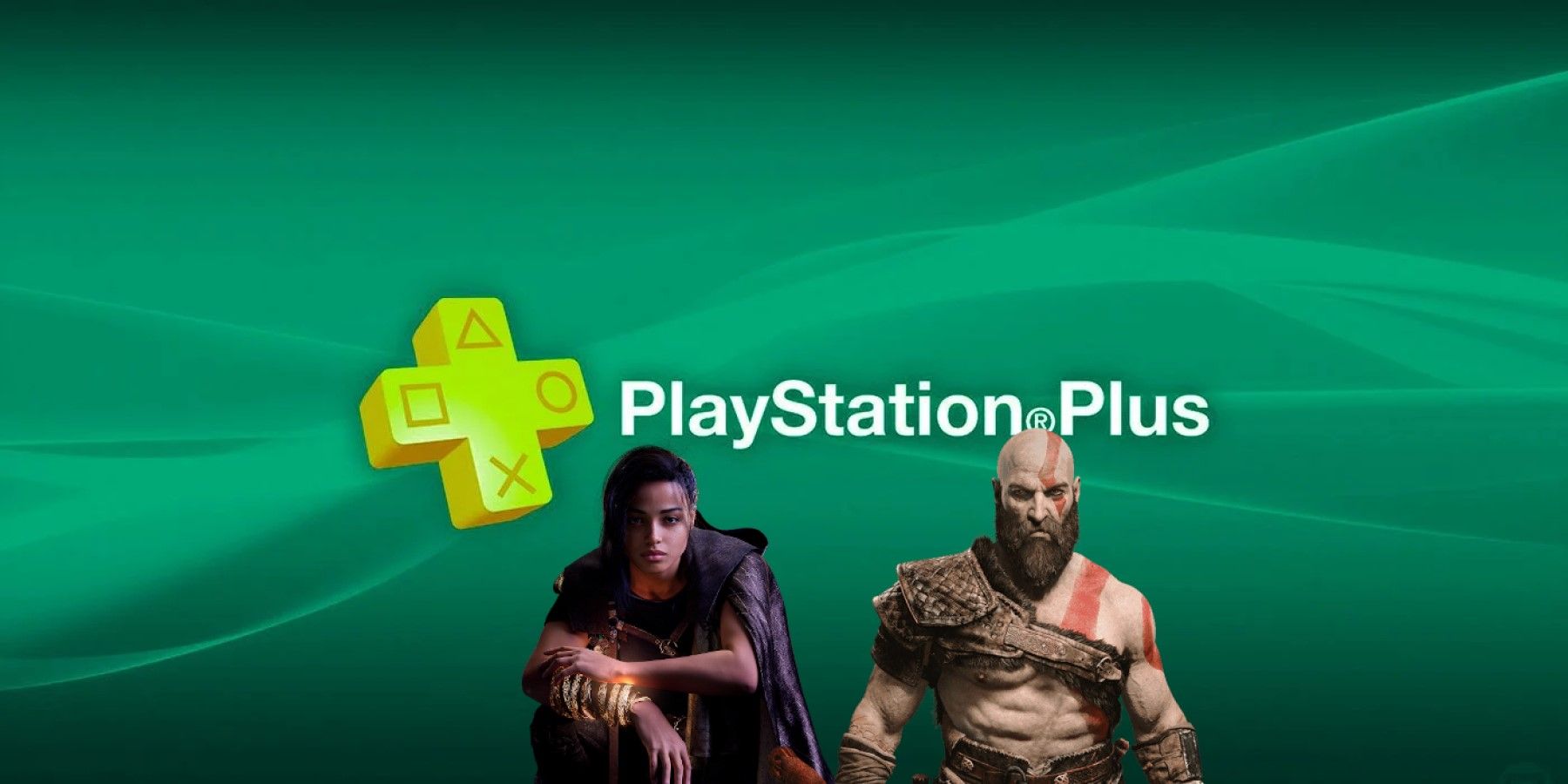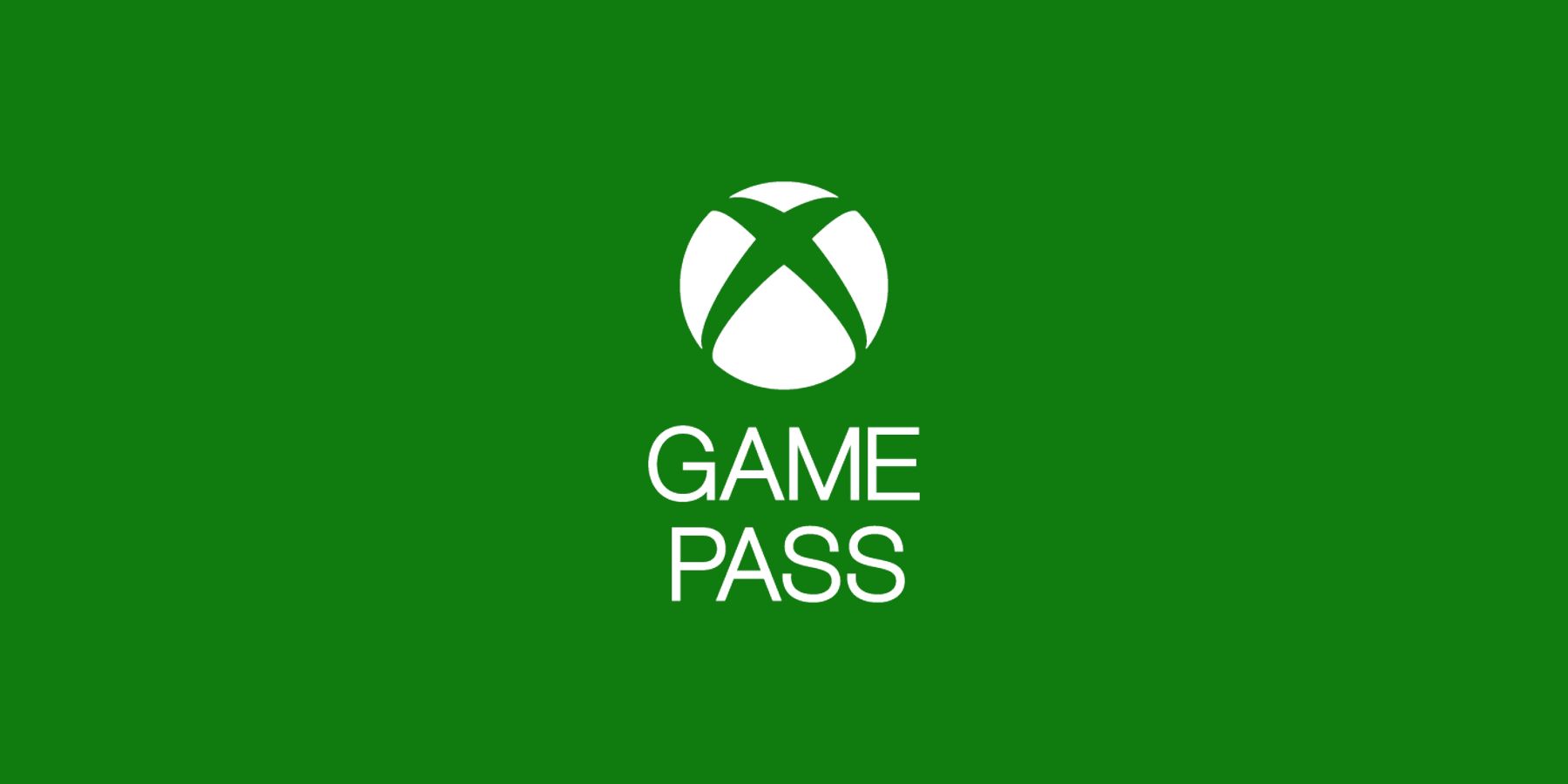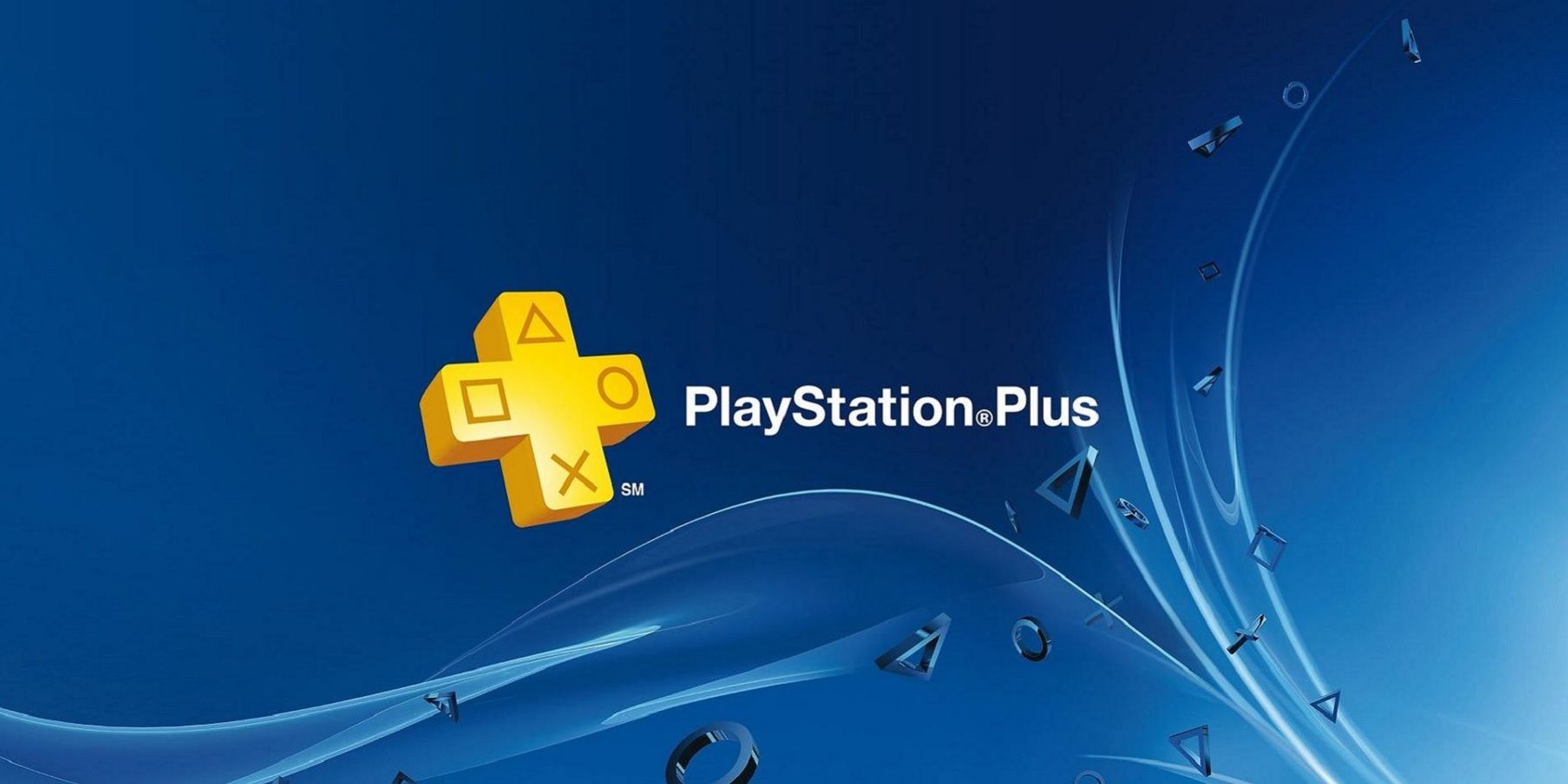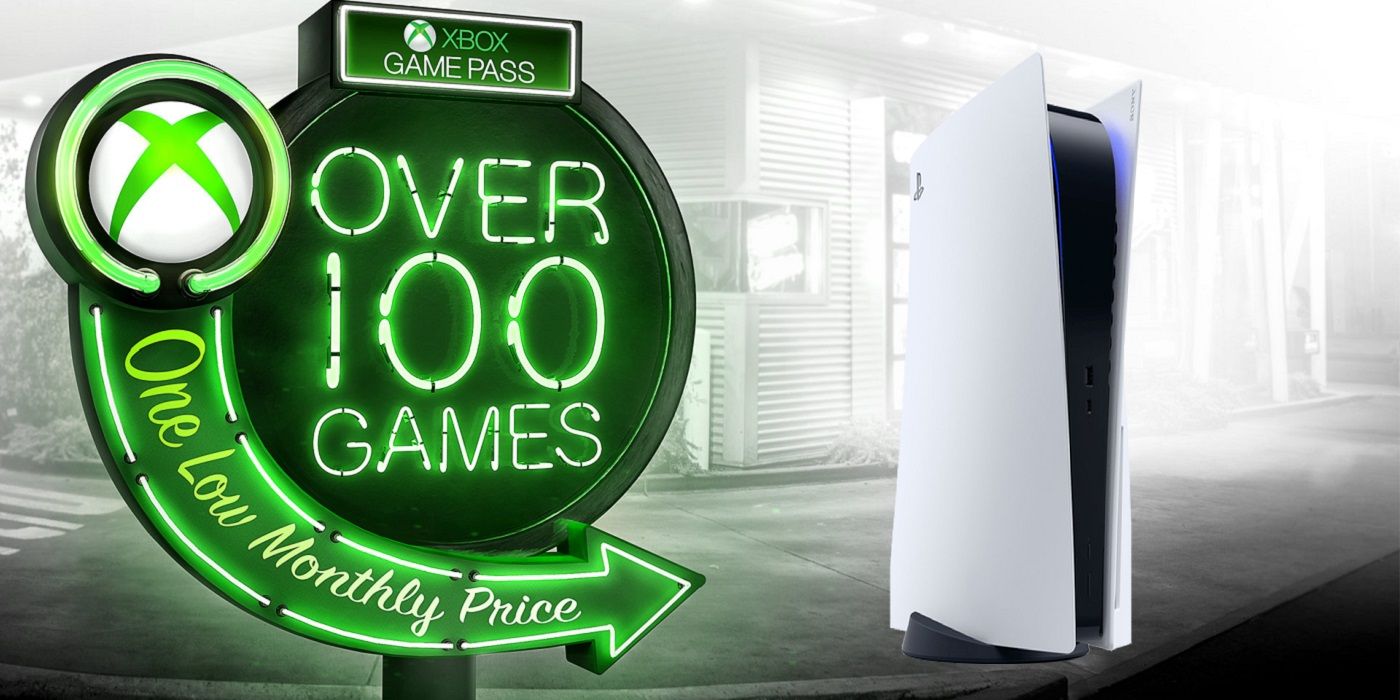For a long time, PlayStation has lagged behind its competitors in terms of subscription and streaming services. Sony divided its services into two subscriptions that often caused game overlaps and unnecessary confusion. With PlayStation Plus, players gain access to online multiplayer gaming and also receive monthly complimentary PS4/PS5 games, among other perks, while PlayStation Now lets gamers stream games from Sony's expansive catalog. After months of rumors, Sony has finally announced that it will be merging PlayStation Plus and PlayStation Now into a single subscription service, composed of multiple tiers to suit the needs of different gamers.
Although many are excited about PlayStation's upcoming subscription service, and for good reason, there are a few ways things can go wrong. Most notably, a lackluster library of games could result in the subscription service not attracting enough gamers, and it could also invite unfavorable comparisons to Microsoft's Xbox Game Pass subscription service, which has been frequently praised for its vast catalog. This problem could be exacerbated by Sony's refusal to include day-one releases in PS Plus.
How Xbox Game Pass Became the 'Netflix' of Gaming
Both Microsoft and Sony have their pros and cons that gamers appreciate and dislike. For years, Sony has focused on providing a cinematic single-player gaming experience that brings Hollywood's maximalist action to the world of video games. Microsoft, on the other hand, has invested heaps of resources into its subscription services, leading to the creation of Xbox Game Pass. With Xbox Game Pass and PC Game Pass, for a single subscription fee, gamers gain access to an impressive catalog of games. Games can be streamed and downloaded, and the catalog consists of games from various publishers and several console generations.
Xbox Game Pass could be criticized because, in 2020, Xbox Marketing Boss Aaron Greenberg admitted that the subscription is not meant to make a profit for Microsoft, at least not initially. Rather, Xbox Game Pass is meant to draw gamers to Microsoft's ecosystem, and bolster's the company reputation through word-of-mouth. From this angle, it is hard to argue that Game Pass has not been a resounding success. The subscription service has built itself a covetable reputation as one of the best ways for gamers to stretch their money.
Perhaps the biggest appeal of Game Pass is its day-one releases, which can end up being a massive value proposition for gamers, as it allows gamers to play games on release day without having to purchase the games at full price. Popular upcoming games that will appear on Game Pass include A Plague Tale: Requiem, Starfield, and Redfall, to name a few. MLB: The Show 22 will also be a Game Pass day-one release, which is notable because it is developed by San Diego Studio, a Sony first-party studio.
What Sony Can Learn From Microsoft
Having an expansive catalog featuring games from previous generations is important for Sony's new subscription service, as it ensures that it will have plenty of content for customers to enjoy. However, this may not be the main thing to draw gamers in and convince them to fork out money. Although gamers often demand backward compatibility and access to legacy titles, research suggests that when such avenues are available, they can be seldom used.
According to data compiled by Ars Technica, Xbox One gamers only spend about 1.5% of their time on their console playing Xbox 360 games, which is lower than the amount of time spent watching streaming services such as Netflix (16.5%) and YouTube (6.6%). Over at Sony, the case seems to be the same; according to Sony's president Jim Ryan, he claims that backward compatibility "is one of those features that is much requested, but not actually used much."
This research illustrates that last-generation games may not draw as many gamers as Sony desires, while day-one releases have the potential to be a successful way to convince gamers that they are getting value for their money. Microsoft seems to be well aware of the value of day-one releases on Xbox Game Pass, because following Sony's announcement of PS Plus' overhaul, Microsoft made sure to remind gamers that Game Pass is still the subscription service to seek out if one is looking to play the latest game on launch day.
Nevertheless, Sony appears extremely hesitant to release games at launch on PS Plus, at least for now. Ryan has stated that Sony will not be going down that road, as it will hurt its games by reducing the level of investment possible, which will have a "knock-on effect on the quality of the games" the company can make.
Are Day-One Releases a Wise Move For Sony and Gamers?
As it stands, the revamped version of PS Plus will not feature day-one releases, which is perhaps the first difference that most gamers will notice between Sony's streaming offering and Microsoft's. While Ryan's hesitation and concerns are understandable, data seems to disagree with his conclusions, and it may be the case that day-one releases on streaming services only boost interest in games and, consequently, sales.
This was seen with Forza Horizon 5 which, despite showing up at launch on Xbox Game Pass, set records for the franchise by having the highest launch month sales numbers of all Forza titles. Such data aligns with what market researchers NPD Group argues, which is that "consumer response to games on these services appear to be amplified, which can help boost traditional purchasing of participating games."
With the enormous budget that Sony allocates to its first-party games, it is understandable why the company is reluctant to throw its latest games on PS Plus. However, counterintuitively, this may be the best way for Sony to boost sales and maximize how many PS Plus subscribers it can attract. A backlog of old games is desirable, but data suggests this may not be enough to make PS Plus the success that Sony wants it to be. A selection of day one releases would ensure that Sony's subscription service wears its value on its sleeve and can compete with Microsoft's Game Pass.
Sony's revamped PlayStation Plus subscription service is scheduled to launch in June.




